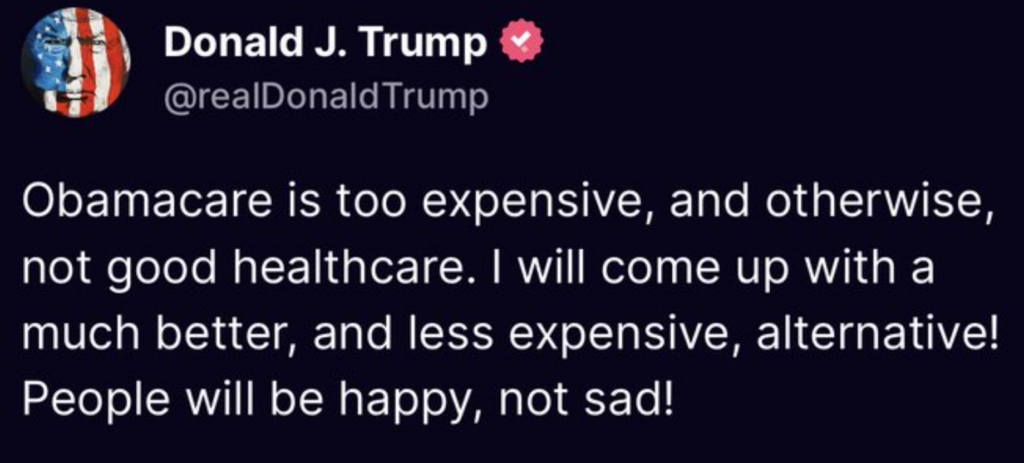Georgia Medicaid “expansion” working as intended
That is, nobody is signing up:
A GOP experiment forcing low-income people to work to qualify for public health insurance benefits is stumbling in Georgia.
The state’s Republican governor, Brian Kemp, expected 31,000 Georgians to sign up in the first year of the program, which started in July. Through four months, only 1,800 people enrolled — and critics blame the paltry expansion on an overly complex program with too many hurdles for people to clear.
“With such low enrollment numbers [in Georgia], it does feel a bit like that,” said Chris Pope, a senior fellow at the Manhattan Institute, a conservative think tank. “It’s a mountain of paperwork, and it’s burdensome for people who are in a tough spot.”
Democrats have long tried to persuade red states to expand the federal Medicaid program and bring health insurance to more of their most vulnerable residents. The Biden administration sweetened the pot in 2021 with additional federal money, but GOP officials, including Kemp, have been reluctant to take the offer unless they can tie benefits to employment.
The slow uptake in the Georgia program has done little to change the state’s double-digit uninsured rate, one of the highest in the U.S.
[…]
For opponents of the limited expansion, the slow start has led to renewed calls for the state to adopt full Medicaid expansion, covering people who earn up to 138 percent of the poverty level without work requirements.
“Pathways to Coverage has cost Georgia more money and covers far fewer people than if the state simply joined 40 other states in expanding Medicaid,” Sen. Raphael Warnock (D-Ga.) said in a statement to POLITICO. “While state politicians continue playing games with people’s lives, Georgians are dying because they can’t afford the health care they need.”
Admittedly, 1800 is still too much for national Republicans, who still think that tens of millions of people should lose access to healthcare to pay for upper-class tax cuts:

The alternative offer is this: nothing.


